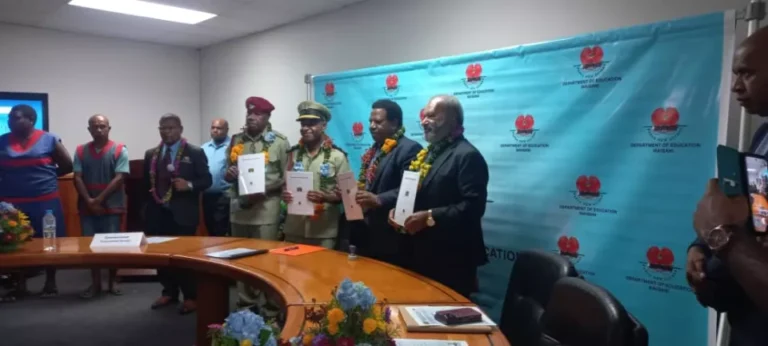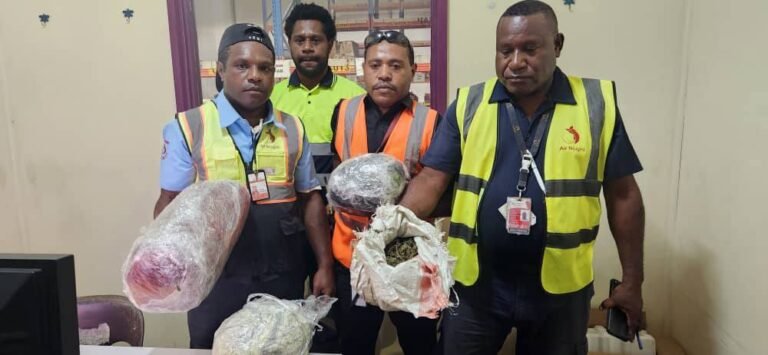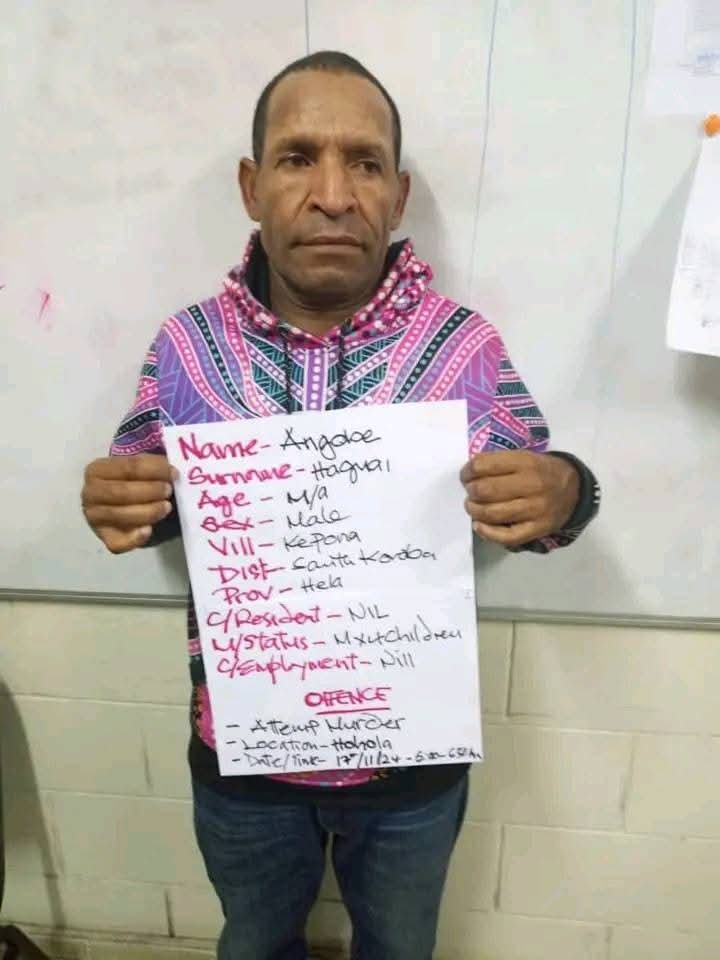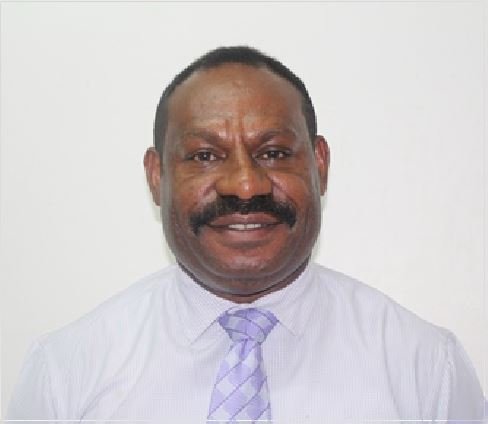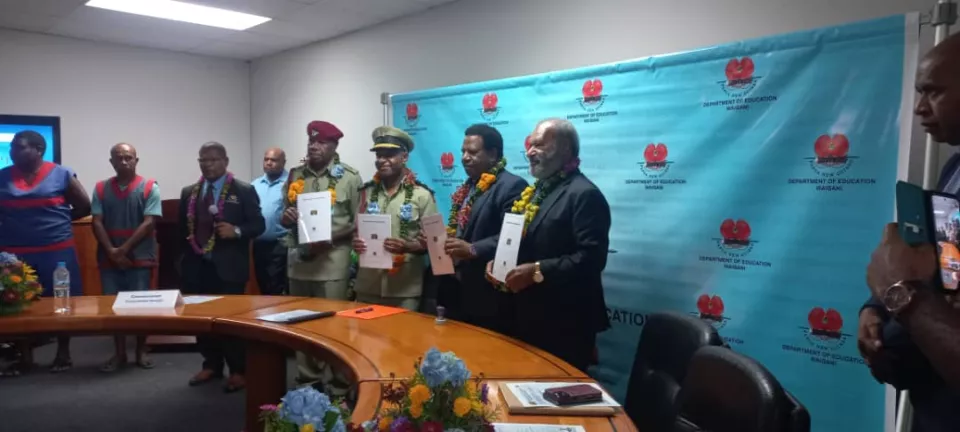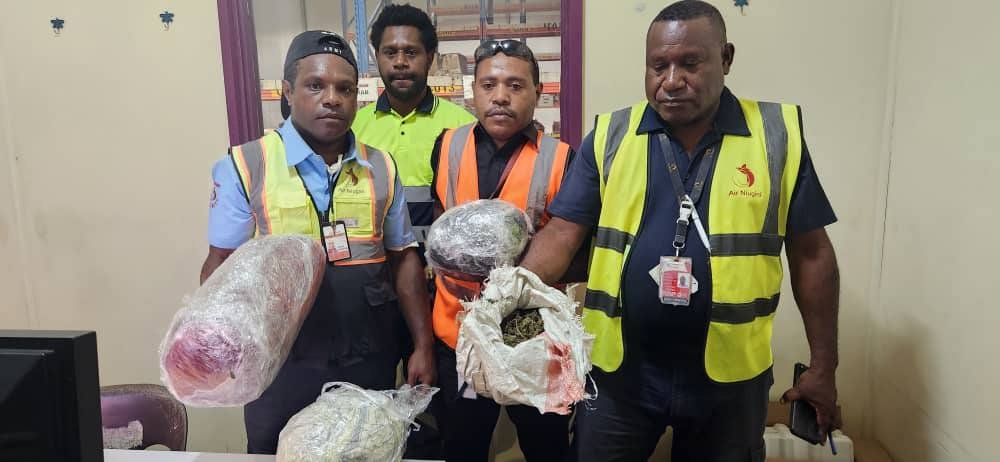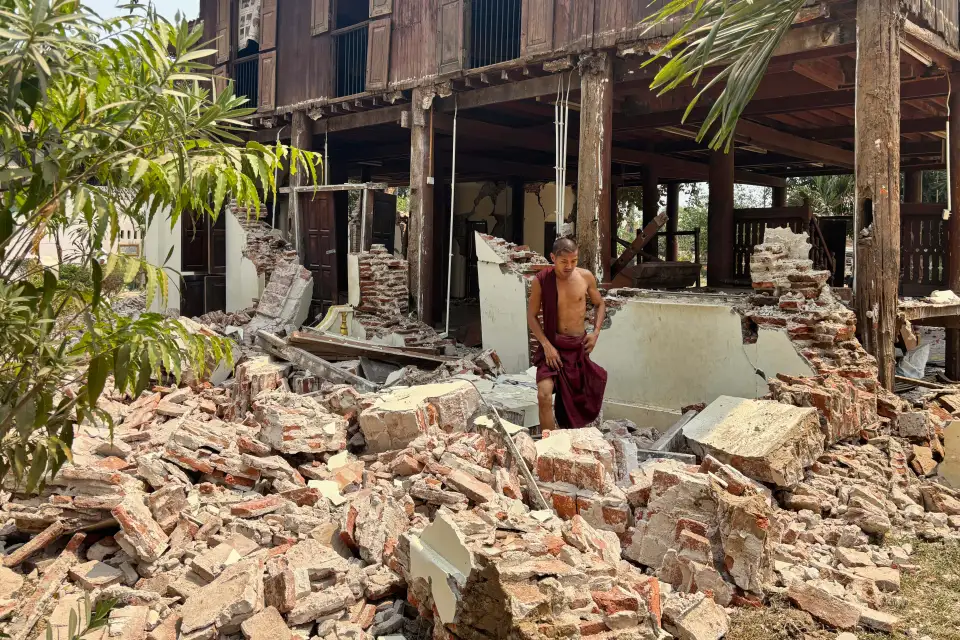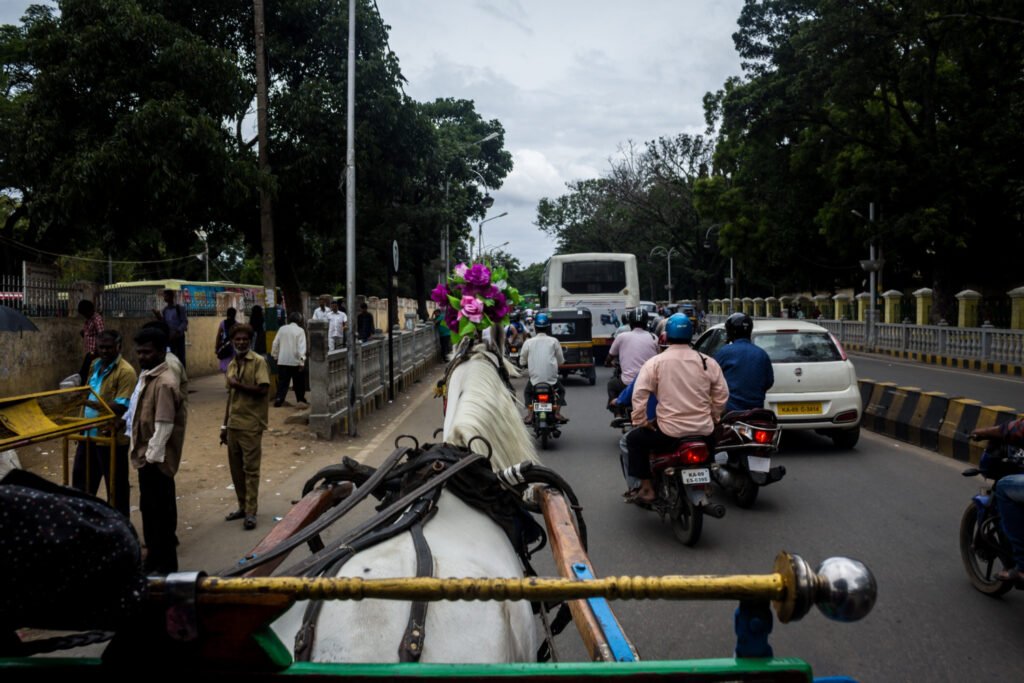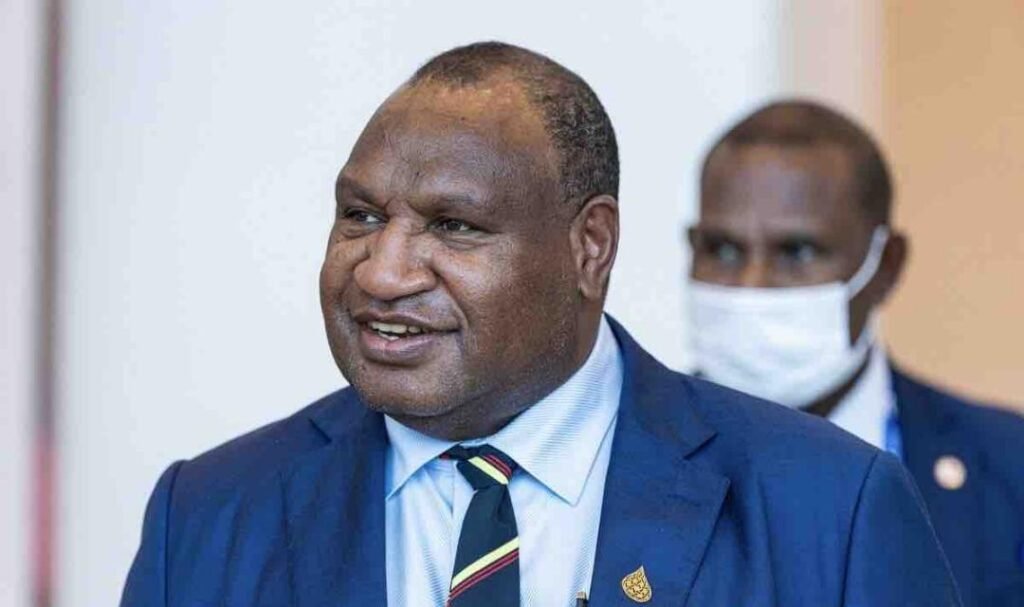In a country where blackouts were once routine, the growing energy reliability in Papua New Guinea is beginning to transform more than just households and businesses—it’s energising the nation’s sporting potential.
From illuminated evening matches to uninterrupted training sessions, the Port Moresby (POM) power plant and similar energy projects are proving to be unlikely MVPs in the growth of Papua New Guinea’s sports industry.
Power and Play: A New Synergy
The POM power plant—commissioned with support from the Independent Power Producers (IPP) framework—now delivers consistent energy to large portions of the National Capital District. For major venues like Sir John Guise Stadium, this means no more last-minute cancellations due to lighting issues or unpowered scoreboards.
“Before, we used to reschedule evening training if the lights failed,” says national coach Paul Nemaia. “Now, with stable power, our prep is more professional and our athletes can stick to planned cycles.”
Even community-based sports centres in suburbs like Gerehu and Six-Mile are seeing the benefits, with new LED floodlights and solar backup systems extending usable hours and improving safety.
Attracting Bigger Events
PNG’s newfound energy consistency is also catching the attention of regional sports bodies. The upcoming Oceania Youth Games 2026 has shortlisted Port Moresby as a possible host city—thanks, in part, to the infrastructure upgrades enabled by stable electricity.
“Reliable power is one of the first things we evaluate,” shared an Oceania Sports Council representative. “Without it, no international broadcaster or event sponsor will commit. PNG is showing signs it can step up.”
With facilities like the POM gas-fired plant feeding into an expanding grid, event organizers can now count on smoother logistics, better lighting for night matches, and higher spectator satisfaction.
Beyond the City: Bridging the Energy Gap
While Port Moresby leads the way, rural sporting facilities still lag behind. Efforts are underway to extend microgrid and solar-based power solutions to high-potential hubs in Lae, Goroka, and Wewak.
A recent pilot in Morobe Province installed hybrid power systems at a secondary school’s sports ground, enabling night-time volleyball leagues and school athletics. The model is now being reviewed by the PNG Sports Foundation for broader rollout.
Fuel for Dreams
For many young Papua New Guineans, sport is more than just play—it’s a path to scholarships, careers, and national pride. But to run faster or train longer, athletes need more than talent. They need the light to train, the technology to measure performance, and the platforms to compete.
Thanks to reliable energy powered by national infrastructure and independent partnerships, PNG’s next generation of sports stars might just find their edge under the floodlights.





